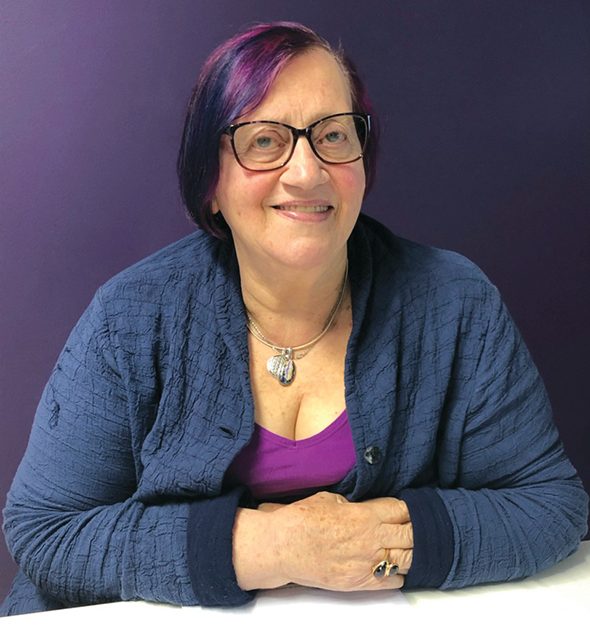
Nat and Ben have won an absolute packet in the lottery and are keen to get more money into superannuation. Chartered accountant GAIL FREEMAN shows them how.
Nat’s a lucky woman. She and partner Ben have won a large amount in the lottery.

“We’ve done our sums and reckon we’ve got about $800,000 left after paying off the mortgage and we were thinking of using this money to contribute to superannuation. What do you think, a good move?” she asked me.
“Also, we’ve been advised not to make our children beneficiaries of our super on our death, but we’re not quite sure why because, of course, they are the beneficiaries of our wills. Can you help us with this as well?”
In congratulating them, I said it was generally preferable to have a spouse as the beneficiary of a superannuation account.
“You may not be aware that your super is outside your will,” I said.
“It is only the beneficiary nominations that give the trustees an indication of your wishes in the case of a dispute. If your superannuation is left to your spouse then there is no tax to pay.
“However, if your superannuation is left to your non-dependent children there is generally 17 per cent tax to pay, but it can be as high as 32 per cent.
“Clearly, it’s preferable to pay zero tax than 17 per cent or 32 per cent. After the death of one of you, then the other has no option but to leave their superannuation balance to other people. There are other strategies you could put in place to minimise the tax after your deaths, but I’ll cover those another day.”
I then turned to their first question: how much could they usefully pay into their superannuation accounts.
“You can each make a contribution this financial year which when added to the amount your employer has contributed totals a maximum of $27,500,” I said.
“This amount is deductible and you will get the tax benefit when you lodge your tax return. It is important to note that when you make this or any other contribution for which you want a tax deduction that you complete a form called ‘notice of intent to claim or vary a deduction for personal super contributions’ and you must have received an acknowledgement of receipt from your super fund.”
I noted that Ben had a super balance of $275,000 while Nat’s balance was $620,000.
“You can also make catch-up contributions if your balance is less than $500,000,” I told them.
“Ben you are able to contribute a further $67,200 as catch-up contributions. You may prefer to pay half this year and half next year. Nat you are unable to do this.
“In addition, you can both make a non-deductible contribution known as a non-concessional contribution of $110,000 a year and you can also bring forward two years so under current legislation your maximum contribution is $330,000 each.
“One of the benefits of making this contribution is that when it is drawn out of the fund there will be no tax to pay. Due to indexation this amount will probably increase soon so you may be able to make further contributions once the new rates are known.”
Nat was pleased. “That’s amazing, Gail. We are so lucky and it looks like this will assist us further to get a better pension when we finally retire,” she said.
If you want information about your super, pension or super planning contact the experts at Gail Freeman and Co Pty Ltd on 6295 2844, email info@gailfreeman.com.au or visit gailfreeman.com.au
Disclaimer
This column contains general advice, please do not rely on it. If you require specific advice on this topic please contact Gail Freeman or your professional adviser. Authorised Representative of Lifespan Financial Planning Pty Ltd AFS Lic No. 229892.
Who can be trusted?
In a world of spin and confusion, there’s never been a more important time to support independent journalism in Canberra.
If you trust our work online and want to enforce the power of independent voices, I invite you to make a small contribution.
Every dollar of support is invested back into our journalism to help keep citynews.com.au strong and free.
Thank you,
Ian Meikle, editor




Leave a Reply